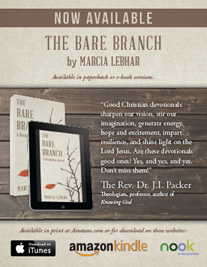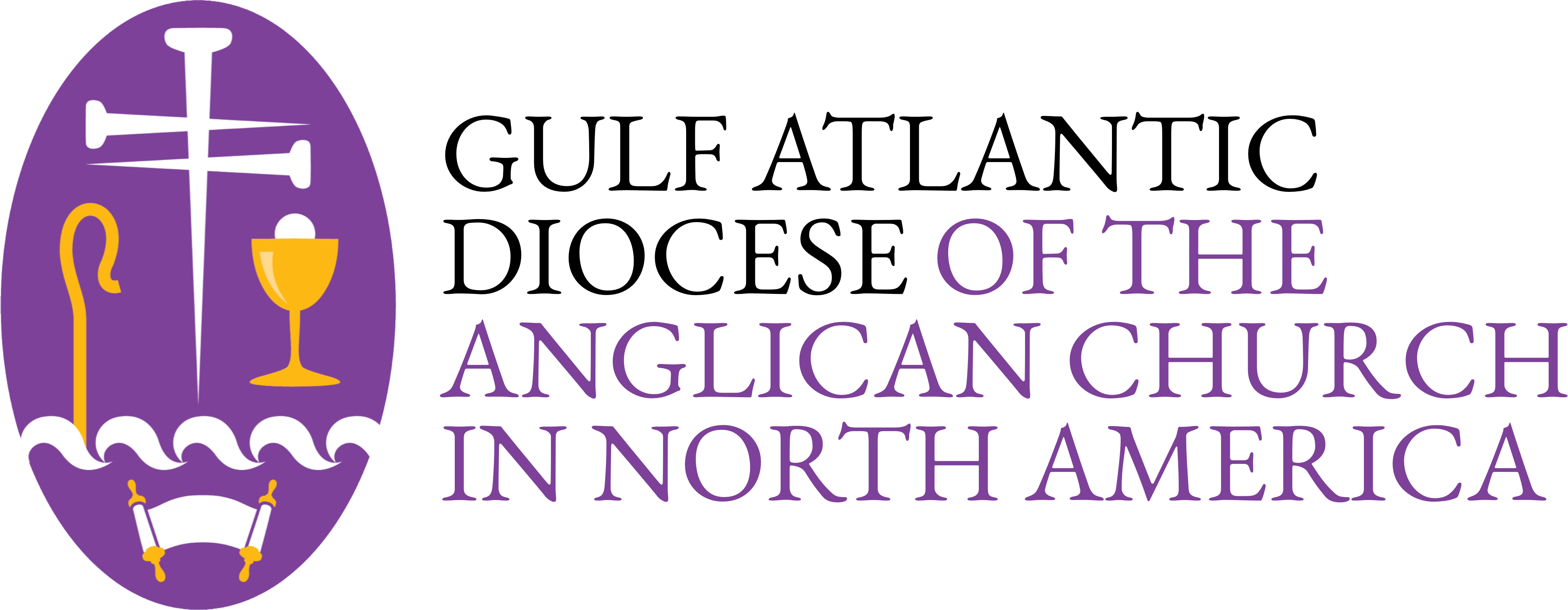
It’s almost over. Moses has died, and so has the generation of Israel who failed to take the land of Canaan when God wanted to give it. This time for sure! Joshua sends in spies again, just two, secretly this time, seemingly hoping to avoid an instant replay of the first disastrous community panic attack and refusal enter the promised land.
What do the spies learn? Rahab, the harlot who has welcomed and hidden them, then gives them this crucial bit of information:
“I know the Lord has given you this land,” she told them. “We are all afraid of you. Everyone in the land is living in terror. For we have heard how the Lord made a dry path for you through the Red Sea when you left Egypt . . . No wonder our hearts have melted in fear! No one has the courage to fight after hearing such things. For the Lord your God is the supreme God of the heavens above and the earth below.” (Joshua 2:9-11 NLT)
Hearing their report, Joshua decides that this is indeed the moment for Israel to go in to the land God promised to give. There is a wonderful symmetry as God ends this wilderness season the way it began, by parting the waters for his people once again. This time the waters of the Jordan River, at flood stage during the harvest season, “stood and rose up in a heap” (Joshua 3:16) far upstream, as all the people passed through the river bed on dry ground. Imagine how fortifying this must have been to these children of the generation who crossed the Red Sea dry-shod. God had neither changed nor backed away from his promises to them. On the other hand, all the surrounding kings and kingdoms are watching as the tribes of Israel arrive to claim their inheritance from their God. How do they respond?
When all the Amorite kings west of the Jordan and all the Canaanite kings who lived along the Mediterranean coast heard how the Lord had dried up the Jordan River so the people of Israel could cross, they lost heart and were paralyzed with fear because of them. (Joshua 5:1)
So . . . God’s people have an amazing God-given advantage. If this story is familiar to you, do you remember what happens next? It’s a detail we often overlook, but in it is another, perhaps even deeper, symmetry. God himself, immediately, renders his people helpless, just when they are poised for battle! Listen to the next two verses:
At that time the Lord told Joshua, “Make flint knives and circumcise this second generation of Israelites. So Joshua made flint knives and circumcised the entire male population of Israel at Gibeath-haaraloth. (Joshua 5:2-3)
Mark Buchanan describes this scene powerfully in his book, The Rest of God: Restoring Your Soul by Restoring Sabbath:
Israel’s brawny warriors are subjected to this deep wounding. This is just the kind of opportunity Israel’s enemies were hoping against hope would come their way: to have the entire Hebrew army laid up, limping and groaning, too weak to pick up kindling wood, let alone brandish a broadsword, too damaged to fling a twig, let alone hurl a spear . . . Circumcision makes a man childlike. It makes him defenseless. It incapacitates him, reduces him to cowering helplessness. If Israel’s enemies find out this news, that all the soldiers are undone by intimate wounds—and this by the God of Israel’s choice—then who needs an army to turn back the threat? A gang of village boys, packing slingshots and sticks, could waltz in and finish the job.
Our very first observation about Israel’s wilderness season was that Helplessness Is Helpful! The pillars of cloud and fire which God sent at first to mark out their route led them directly into an apparent dead end at the Red Sea, in the shadow of a demon god and an enemy watchtower, while night fell and the enemy armies thundered toward them. When there was no shred of human intervention available, God acted to defend them. Now again, in full view of their enemy, obedience to God’s direction seems to render them helpless . . . to obliterate their tactical advantage. Just when they seem poised to actually assume control of their destiny, they are asked to relinquish it. Buchanan sees the circumcision scene is a demonstration of trust, and he argues that submitting to God’s command to take Sabbath rest is an extension of the same lesson.
So, bookending the whole wilderness chapter of biblical history, in stunning symmetry, are these two scenes of utter, God-engineered, helplessness. What could this mean for us? Let me suggest that observing the Sabbath itself is a similar kind of helplessness or weakness engineered by God . . . a deliberate re-enactment of these helpless bookends of Israel’s wilderness sojourn which are meant to instruct us “who live at the end of the age.” (1 Corinthians 10:11)
Observing Sabbath is something that can seem to give away the advantage of having a grip on our to-do list, or whatever else keeps us from obeying, but it is actually something that loosens our grip on our idols . . . our striving . . . forcing us to prove our trust in the Lord of the Sabbath. Like Israel’s wilderness bookends of helplessness, could Sabbath be something designed for us so that God may act on our behalf, for his glory, before a watching world? Sabbath matters! Can we welcome this God-imposed helplessness, in faith? He weakens us only to act for us . . . to put his glory on display through our obedience.
Let’s reflect together about what it would look like to obey God about the Sabbath. I can’t think of another of the Ten Commandments we generally feel free to dismiss! No legalism here. We’re saved by grace, not Sabbath observance. Yet God intends Sabbath as a gift, but it is a gift the Church has largely left unopened.
Our family has experimented with all sorts of Sabbath observance over the years. We’re still experimenting. Often we find it helpful to follow the Jewish view that a day starts at sundown of the day before. (For the Jewish community, it’s Saturday. For the Christian community, it’s Sunday, to honor the resurrection. Sometimes we have to pick a random day!) It can be a time for a media fast, to allow us to reconnect with each other and with the Scriptures. It can be a time for music, games, reading aloud . . . life-giving creativity. When our kids were in college, they observed a Sabbath, even in highly competitive academic environments, as a way of demonstrating their trust that the Lord himself, and not their accomplishments, would secure their future.
Maybe the place to start is to ask ourselves what part of actually observing a Sabbath is most difficult for us to consider, and then taking that to listening prayer. I hope we can share our inspiration with each other. This last helpless bookend of Israel’s wilderness sojourn opens a season of remarkable fruitfulness and fulfillment of promise for God’s people. My hope is that a weekly Sabbath helplessness rehearsal will do the same for us.
 How would it change your life if you changed your perspective and lived in the light of the reality of heaven? What would be different if we all remembered where we’re going?
How would it change your life if you changed your perspective and lived in the light of the reality of heaven? What would be different if we all remembered where we’re going?
For more information regarding Marcia Lebhar’s The Bare Branch, please visit: http://www.amazon.com/Bare-Branch-Discipleship-Journalebook/dp/B00IH3589K/ref=tmm_kin_swatch_0?_encoding=UTF8&sr=&qid=
All proceeds go to the ACNA Church Planting Fund.
